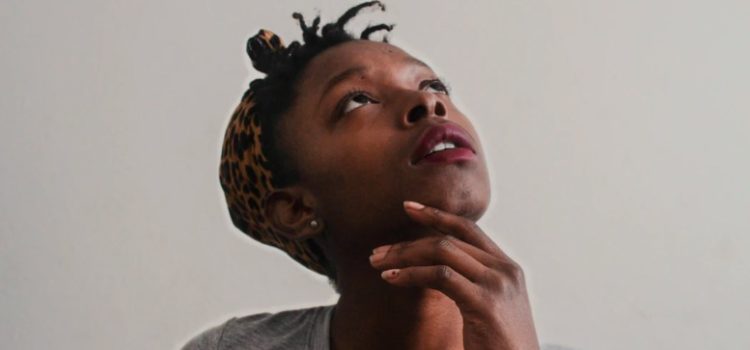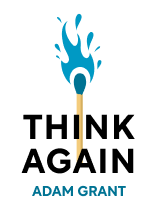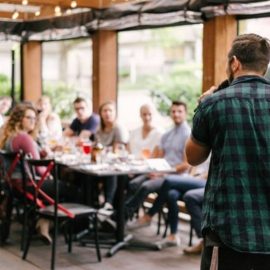

This article is an excerpt from the Shortform book guide to "Think Again" by Adam Grant. Shortform has the world's best summaries and analyses of books you should be reading.
Like this article? Sign up for a free trial here.
Why do people cling to their beliefs? How can you make an effort to challenge your own beliefs and assumptions?
Questioning your beliefs means approaching them with curiosity rather than certainty. You investigate what you don’t know instead of clinging tightly to old ways of thinking and becoming defensive.
Here’s how to question your beliefs and why you should.
Question Your Truths
Making a conscious effort to question your beliefs will make you open to new perspectives. To question beliefs, think like a scientist:
First, reframe your views as hypotheses. This will help you see them as questions to investigate rather than statements of fact.
(Shortform note: Grant’s suggestion to integrate scientific thinking into your everyday life might seem counterintuitive, but psychologist Maria Konnikova (Mastermind) argues that everyone can and should do precisely this. In our personal and professional lives, writes Konnikova, we have the ability to form hypotheses, collect evidence, and use deductive reasoning to pursue truth—no matter your field. She says that the ability to use these methods in everyday life helps you to organize your thoughts and develop your logical reasoning skills.)
Then, experiment with the hypotheses by gathering new information. Grant recommends making an effort to seek out information that contradicts your existing beliefs.
(Shortform note: In The Black Swan, Nassim Taleb argues that you can’t be sure something is true unless you actively try to disprove it. Taleb uses the term “negative empiricism” to describe seeking out information that could disprove what you think—as opposed to the term “empiricism,” which describes gaining information solely from your observations.)
Write down your original hypotheses, how they have changed, and your new conclusions. Obtaining this new information can change the direction of your thinking. New information that disproves your initial assumptions can change how you think about your original beliefs.
| Why It Can Be Difficult to Integrate New Information You are constantly integrating new information as you gain knowledge and interact with the world, but can sometimes be challenging to integrate new ideas. Behavioral psychologist Jean Piaget says that this is because new information can cause a sense of disequilibrium, since this new information may not fit easily into your established understanding of the world. Piaget says people dislike this feeling of disequilibrium so much that they avoid it by forcing new information into their existing frameworks instead of creating new ones. Piaget’s theories can explain why people engage in the Conviction-Assumption cycle—it’s much easier to follow a cycle of mental certainty that validates your existing knowledge than it is to engage in the more complex process of creating new mental frameworks that challenge your thinking. |

———End of Preview———
Like what you just read? Read the rest of the world's best book summary and analysis of Adam Grant's "Think Again" at Shortform.
Here's what you'll find in our full Think Again summary:
- Why the ability to reconsider is more important than precise knowledge
- How knowledge and expertise can narrow your thinking and limit your potential
- How to improve your ability to reconsider things in work and in life






